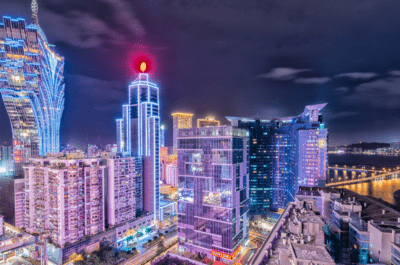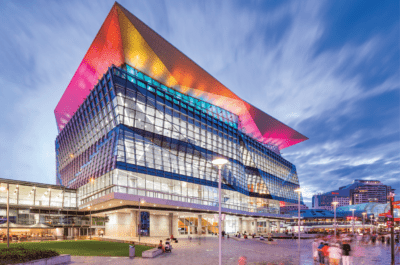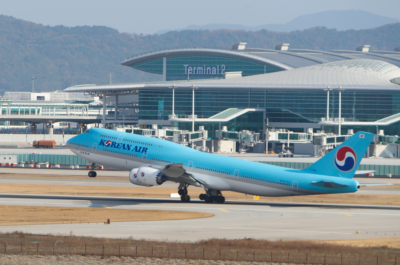A survey of holidaymakers in the beach destination of Khao Lak in Thailand shows that the December 26, 2004 tsunami is no longer a significant factor in tourists’ perception of the area. Costs and travel time seem to be dampening modern demand…

A survey of holidaymakers in the beach destination of Khao Lak in Thailand shows that the December 26, 2004 tsunami is no longer a significant factor in tourists’ perception of the area. Costs and travel time seem to be dampening modern demand more than any negative feelings about the disaster.
The QUO Intelligence survey conducted among 206 tourists, business people and residents in Khao Lak in October 2011 showed that the more knowledge about the tsunami that tourists had, the more positive the perception of modern Khao Lak as a desirable holiday destination.
“The Andaman Coast is not perceived as dangerous in terms of the threat of natural disasters. And the more individuals know of the Indian Ocean tsunami of seven years ago, the more favourable is the perception of the Khao Lak area today,” said David Keen, CEO of QUO Keen, the tourism strategy consultancy in Bangkok which conducted the survey.
Some 80% of the respondents said that the tsunami had ‘low’ to ‘no’ effect on their current travel decisions. Only 4% said that the 2004 tsunami legacy still had a major effect on whether to holiday in Khao Lak or not.
Some 93% of Europeans/Westerners and more than 84% of Thais surveyed dismissed the notion that the Andaman coast of Khao Lak is potentially dangerous because of natural disasters.
While the tsunami’s legacy does not greatly sway modern travel decisions, knowledge of the 2004 tsunami remains high. Of the 206 tourists surveyed, approximately 80% described their knowledge of the catastrophe as ‘medium’ to ‘high’. Of that knowledgeable group, 63% said that the tsunami of seven years ago had ‘low’ to ‘no’ negative effect on their modern day travel plans.
Following the loss of about 4,000 lives in the Khao Lak area on December 26, 2004, fear of ‘ghosts’ was rumoured to be a reason why some Thais preferred to stay away from Khao Lak. The survey suggests fear of ghosts was a misleading argument. Some 78% of Thai tourists in the QUO Keen survey stated they would still travel to places where tragedies or natural disasters occurred. This compares to 79% of Europeans/Westerners and 88% of other Asians surveyed.
Concerns were more practical. Only 21% of Thais cited Khao Lak’s attraction as being “value for money”.
By 2007, Khao Lak visitor numbers, driven primarily by a high degree of destination loyalty among Europeans, were back up to pre-tsunami levels. However, arrival numbers fell again in 2008 with the global economic slowdown in Western markets.
“Ordinary considerations such as travel logistics and expense appear to be much more influential today,” said David Keen. “While the tsunami’s legacy remains, it no longer seems to be a major factor. In our opinion, the time appears right for people and businesses to take a fresh look at Khao Lak and invest in its future.” QUO Research KhaoLak
Theodore is the Co-Founder and Managing Editor of TravelDailyNews Media Network; his responsibilities include business development and planning for TravelDailyNews long-term opportunities.

































































